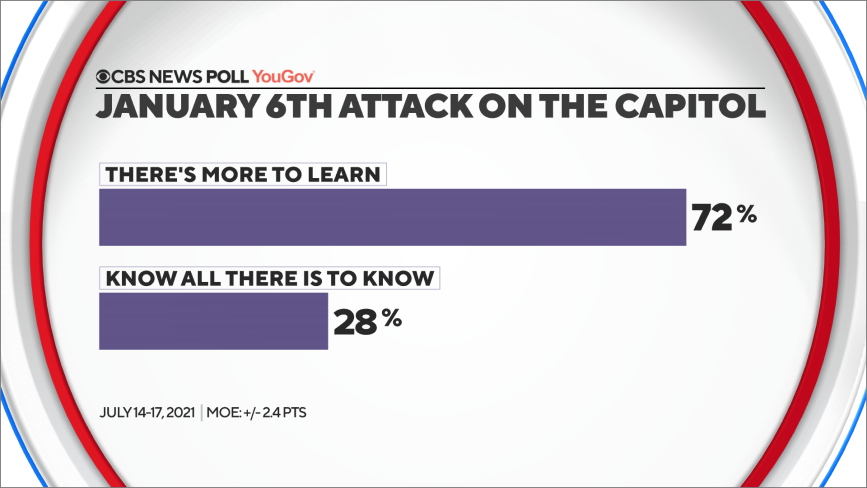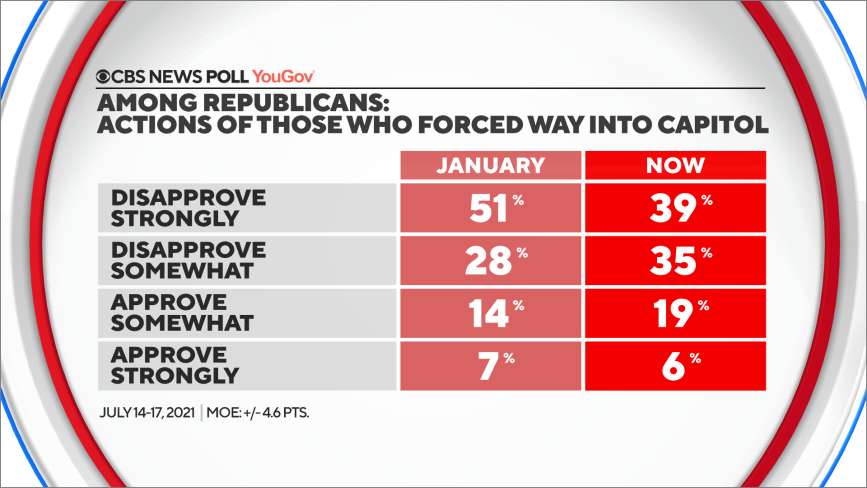At this point, openly choosing to not take the vaccine really does have consequences, and it's time that more people learned exactly what the stakes are.
Dr. Brytney Cobia said Monday that all but one of her COVID patients in Alabama did not receive the vaccine. The vaccinated patient, she said, just needed a little oxygen and is expected to fully recover. Some of the others are dying.
“I’m admitting young healthy people to the hospital with very serious COVID infections,” wrote Cobia, a hospitalist at Grandview Medical Center in Birmingham, in an emotional Facebook post Sunday. “One of the last things they do before they’re intubated is beg me for the vaccine. I hold their hand and tell them that I’m sorry, but it’s too late.”
Three COVID-19 vaccines have been widely available in Alabama for months now, yet the state is last in the nation in vaccination rate, with only 33.7 percent of the population fully vaccinated. COVID-19 case numbers and hospitalizations are surging yet again due to the more contagious Delta variant of the virus and Alabama’s low vaccination rate.
For the first year and a half of the pandemic, Cobia and hundreds of other Alabama physicians caring for critically ill COVID-19 patients worked themselves to the bone trying to save as many as possible.
“Back in 2020 and early 2021, when the vaccine wasn’t available, it was just tragedy after tragedy after tragedy,” Cobia told AL.com this week. “You know, so many people that did all the right things, and yet still came in, and were critically ill and died.”
In the United States, COVID is now a pandemic of the unvaccinated, according to the head of the U.S. Centers for Disease Control and Prevention. In Alabama, state officials report 94% of COVID hospital patients and 96% of Alabamians who have died of COVID since April were not fully vaccinated.
“A few days later when I call time of death,” continued Cobia on Facebook, “I hug their family members and I tell them the best way to honor their loved one is to go get vaccinated and encourage everyone they know to do the same.”
“They cry. And they tell me they didn’t know. They thought it was a hoax. They thought it was political. They thought because they had a certain blood type or a certain skin color they wouldn’t get as sick. They thought it was ‘just the flu’. But they were wrong. And they wish they could go back. But they can’t. So they thank me and they go get the vaccine. And I go back to my office, write their death note, and say a small prayer that this loss will save more lives.”
More than 11,400 Alabamians have died of COVID so far, but midway through 2021, caring for COVID patients is a different story than it was in the beginning. Cobia said it’s different mentally and emotionally to care for someone who could have prevented their disease but chose not to.
“You kind of go into it thinking, ‘Okay, I’m not going to feel bad for this person, because they make their own choice,’” Cobia said. “But then you actually see them, you see them face to face, and it really changes your whole perspective, because they’re still just a person that thinks that they made the best decision that they could with the information that they have, and all the misinformation that’s out there.
Only a third of Alabama is fully vaccinated.
That is, at this point, a choice.
Understand the consequences of that choice being at best, a disease that will cause you chronic health issues for life, and at worst a disease that will cause you chronic health issues for life with the length of that lifespan being measured in days, if not agonizing hours where you drown in your own flooded lungs despite the tube shoved down your throat trying desperately to pump the fluid out.
Make the right choice.

